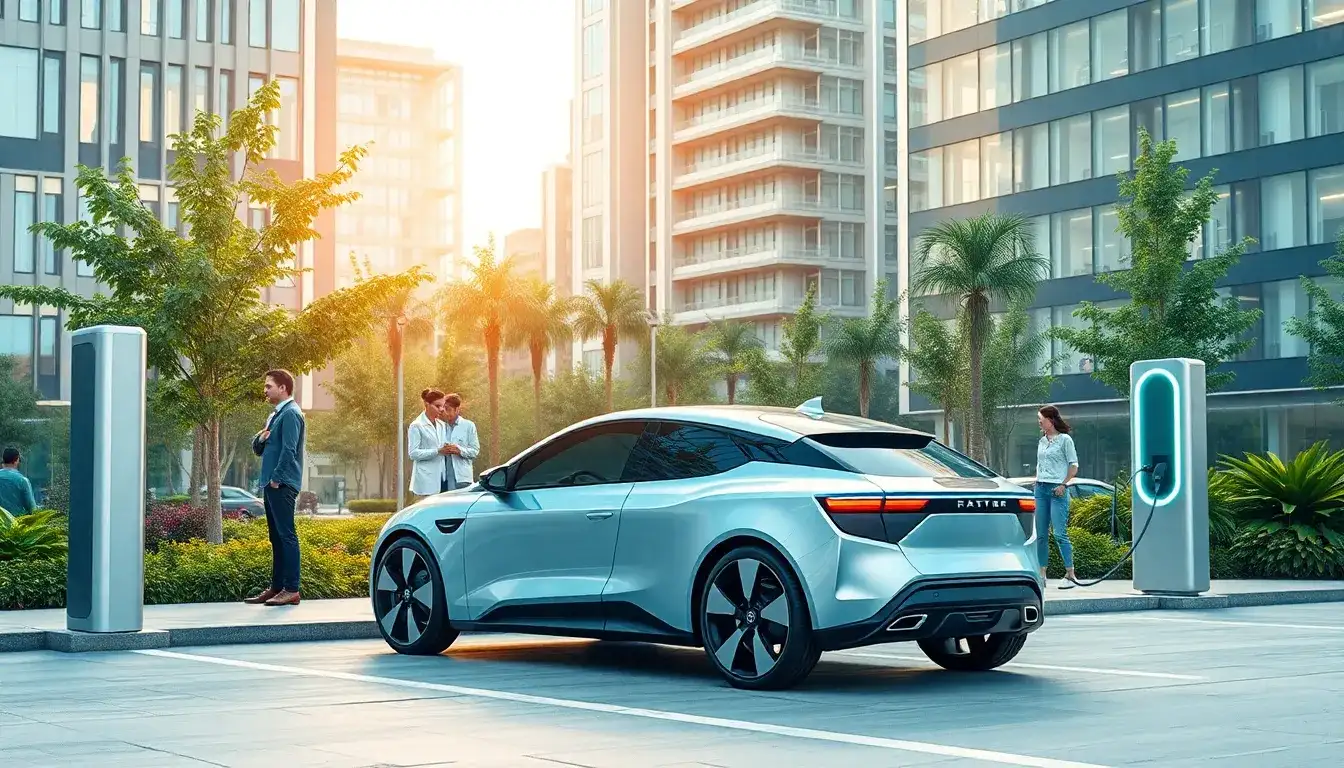
Is the new energy vehicle market “changing”? Agreement between industry and academia: Range extenders are set to become the mainstream of the future.
As more automakers enter the range-extended electric vehicle segment, this rapidly growing market is attracting unprecedented attention. Yang Yusheng, an academician of the Chinese Academy of Engineering, stated that range extenders are not just a transitional technology but are expected to be the mainstay of global automobiles, contributing to carbon neutrality with their green, safe, and long-range characteristics.
Liu Liguo, Senior Vice President of Li Auto, suggested including hybrid vehicles with a pure electric range of over 150 kilometers in the new energy vehicle green license plate system. He emphasized that range extended models should be treated equally to pure electric vehicles in urban settings.
At the 2025 China Electric Vehicle Hundred People Meeting, Yang Yusheng emphasized two key points: First, range extenders will gradually become mainstream vehicles, contributing to carbon peak emissions. Second, once green liquid fuels such as methanol and ethanol become widely available, range extenders will no longer rely on traditional fuels. He remarked, “For China, achieving carbon neutrality by 2060 means that range extender vehicles can develop sustainably in the long term.”
Zhang Yanqing, Deputy Director of the Beijing Automotive Research Institute, noted that vehicles priced above 200,000 yuan and measuring over 4.8 meters account for more than 90% of the range extender market. However, with rapid advancements in range extender technology, prices are falling, now approaching the 100,000 yuan mark.
“Range extenders encompass all the advantages of pure electric vehicles, including eliminating range anxiety and offering lower costs compared to equivalent pure electric models,” Zhang added. “They are particularly suitable for areas with limited charging infrastructure and for long-distance users, as well as in extremely cold northern regions.”
According to Zhang, the future should aim for parity in pricing and performance between fuel and electricity to ensure the longevity of range extender technology. Duan Wei, Vice President of Seres Technology in Chongqing, highlighted that the stable operating conditions of range extenders allow internal combustion engines to operate more efficiently, opening new avenues for their development.
Liu Liguo provided data indicating that by 2024, 1.2 million users of Li Auto’s range extender vehicles will have driven over 65% of their total distance using pure electric power, with electric driving time nearing 90%. “On weekdays, the proportion of pure electric driving is higher, but during holidays, especially long breaks, the electric range significantly decreases, validating our design intent of ‘urban electric use, long-distance power generation, and long-distance fuel use’,” Liu stated.
The launch of the Li ONE and subsequent models has sparked a trend in the domestic vehicle market, prompting brands like Land Rover and Audi to follow suit. Data shows that in 2024, production and sales of new energy vehicles in China will exceed 12 million units, achieving a penetration rate of over 40%. Sales of range extender products are expected to reach 1.18 million units, outpacing growth for pure electric and plug-in hybrid vehicles. In the mid to high-end market (priced above 250,000 yuan), sales of range extender models reached 710,000 units, reflecting a 63% year-on-year increase.
Recently, insiders revealed that Xpeng Motors plans to launch at least five range extender models, including sedans and SUVs. “Both the P7 and G6 will have range extender versions. The first range extender model will be developed based on the X9 and is expected to be mass-produced in the second half of this year, with various platforms also supporting range extender vehicles,” stated Chen Yonghai, Vice President of Xpeng Motors.
Moreover, BAIC BluePark has indicated that it possesses the R&D capabilities for range extender technology, with plans for the launch of its range extender products in future product schedules. Not only are domestic brands eager to develop range extenders, but several joint ventures, including Volkswagen and Hyundai, have also announced plans to introduce range extender vehicles in the Chinese market.
Is the range extender merely a short-term transition? Du Changhong, General Manager of Deep Blue Automotive Power Platform Center, disagrees. “Once market penetration exceeds 50%, consumers become more conservative and increasingly demand products that solve core pain points without shortcomings. In this scenario, range extenders have a long road ahead and significant potential for development,” he explained.
Shuai Shijin, Director of the Shell Clean Transportation Energy Center at Tsinghua University, believes that the advantage of range extender technology lies in alleviating range anxiety while providing a good driving experience. “It should not simply be a replacement but rather a complementary scenario that includes both plug-in and range extender technologies, each with its unique applications.”







